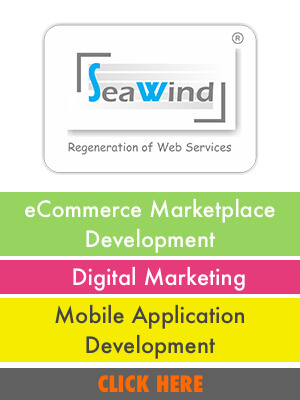According to recent data, eCommerce spending has risen to $2.1 trillion in the past few years and will reach $5 trillion by 2020.
Such rapid growth promises a great future for the Indian e-commerce industry signifying a strong market and increased customer demand. Despite these growth trends, many e-commerce businesses fail to take off within their first year. It is worth exploring the various challenges which the ecommerce industry faces today.
1. Borderless economies
Mobile technology has empowered consumers in myriad ways. It has opened doors to a digital economy, taking globalization to a new level. Traditional boundaries are clearly blurring, with online retailers expanding to new geographies. This leaves companies to deal with government regulations, geopolitical status, “stateless income”, and extensive local and international competition. Modern e-Commerce businesses are in a race to provide the best premium ..
Building consumer trust and brand loyalty is essential for any business to succeed. The traditional brand building exercises are mostly irrelevant in the current e-Commerce sector. It is easy to lose an online customer to the “next big thing”. Failure to deliver on any one aspect of customers’ demands would lead to failure in retaining them.
There are various data management systems such as – Point of Sale (POS), Enterprise Resource Planning (ERP) and CRM systems. These systems differ tremendously in their architecture, deployment and usage; usually built on dated technology and are prone to stagnation. What does this mean for businesses? – A great deal of your resources (cost, time, labor) is being spent on separate systems, interfering with internal business demands ..
Saurabh Chandra, Head of IT, Myntra talks about the challenges of running an online store that involves four key divisions – Technology, Data Curation, Product Delivery and People Management. Modern companies face the challenge of collaborating between different departments, some geographically isolated and present in different time zones. Marketers, merchandisers and e-Commerce managers need to learn to strategically operate throu ..
Modern e-Commerce thrives on delivering the best personalized experience to their consumers. Managing a repository of customer data is a challenge in itself, added to that e-Commerce companies have to understand how to use that data. Delivering customized content in the form of advertisements, special offers etc. are some of the methods which can be employed.
Ease of use and advancements in technology have given consumers more power and increased global competition in the e-Commerce sector. Omni-channel retailing is the way forward for e-Commerce. This places pressure on companies to deal with technical issues of running an online store like: server issues, bandwidth issues, dynamic IP address, data privacy and security issues. The transition from a multi-channel business to an omni-channel is anothe ..







Post your comments
You must be logged in to post a comment.